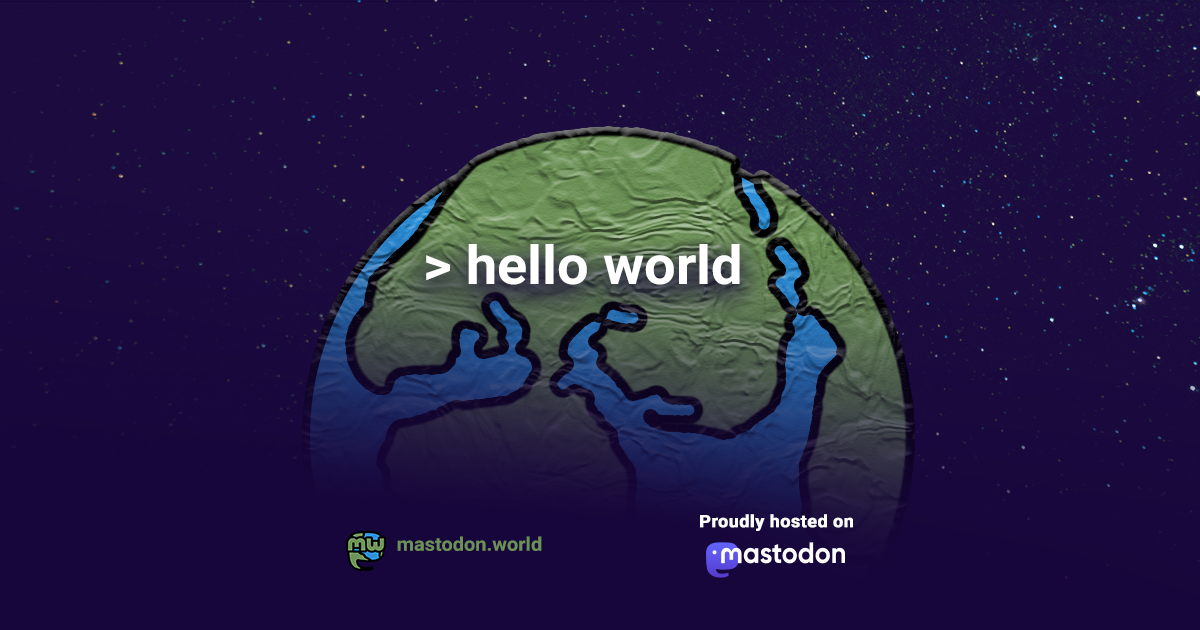Fight to save #PugetSound #KelpBed underscores NW #habitat challenges
July 25, 2024
"The #WashingtonState Department of Natural Resources and the #SquaxinIslandTribe have announced a partnership to conserve the #SquaxinIsland Kelp Bed, the last major kelp bed in South Puget Sound.
"DNR and the Squaxin Island Tribe will work to surround the kelp bed with a priority habitat zone, try to reduce #environmental stresses to improve the kelp bed’s health, and partner with #PugetSoundRestorationFund on future #restoration projects, according to a news release.
"Since 2013, DNR and Squaxin Island staff have seen a 97% decline in the kelp bed, which holds both ecological and cultural significance. In #Oregon, the #coastline lost more than two-thirds of its canopy of #BullKelp.
"'We recognize how important it is to protect this critical resource,' said #KrisPeters, Squaxin Island Tribe chairman, in a statement. '#Squaxins can’t do it alone; it takes us all coming together as partners. That is why this local inter-governmental agreement is so important and monumental.'
"The Squaxin Island Kelp Bed is the first habitat DNR is prioritizing in its statewide #KelpForest and #Eelgrass Meadow Health and Conservation Plan, which state legislation directed DNR to hatch in response to the loss of bull kelp and eelgrass on the Washington coastline.
"The plan’s goal is to conserve and restore at least 10,000 acres of kelp forest and eelgrass meadow habitat by 2040.
"Restoration efforts will initially focus on three pilot sub-basins: South Puget Sound, the Eastern Strait of Juan de Fuca and Grays Harbor. As DNR works toward its 10,000-acre goal, it intends to explore conservation and recovery in all sub-basins, according to DNR’s website.
"'Squaxin people have been stewarding these waters and lands for thousands of years,' Peters said in a statement. '#KelpBeds have also been stewarding these waters for thousands of years, providing nourishment and a critical ecosystem for the many plants, animals, and fish of the #SalishSea.'"
#Northwest #LandBack
#NativeKnowledge #Nature #IndigenousKnowledge #conservation #sustainability #decolonization #PacificNorthwest #PNW #environmental
#IndigenousLedProject
#reclamation #decolonialism #Restoration #Landback #Rewilding #RestoreNature #Salish

